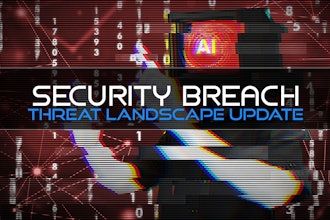In case you don’t find yourself with enough access to Facebook, the Palo Alto-CA based company is bringing a work appropriate version to offices, retail and factories everywhere. And it’s called Workplace.
Workplace is set to launch next week and the platform is said to be ad-free and not connected to users' existing Facebook accounts. Businesses can sign up as an organization and pay a monthly fee based on the number of users. For sub-1,000 workers, it’s a $3 monthly fee, and the costs declines the more users purchased.
The idea behind Workplace is to serve as a collaboration tool appropriate for multi-faceted work environments and offers group chat, video calls and live video and new feed – much like regular Facebook. The feeds will change based on the relevance algorithm so users can see updates prioritized to specific areas or people. Workers can also establish multi-workplace groups, so you could create a trackable conversation with your key supplier on where the heck those parts are.
This idea is by no means new, and many enterprise software systems have been offering their own similar collaboration tools within those solutions. But Facebook is counting on the fact that the consumer learning curve with Workplace would be so low because everyone already has familiarity with the Facebook platform with this one exception – Workplace’s background color is not Facebook’s signature blue, rather, a cool grey.
So will Workplace, in fact, be the next big thing? There are a few hurdles. One – the path of least resistance is email and sometimes it takes a lot to get employee buy-in for new tools that might feel redundant – like, say, a messaging app that mimics email in many ways.
Two – social media has a stigma that might be unshakeable. For example, Pew Research studied how people use social platforms in the workplace and found that the most common reason to log into Facebook or Twitter or whatever was to take a mental break from work. It’s no wonder, then, that some management types are reluctant to integrate social oriented tools – they’ve been burned in the past and don’t see social tools as anything more than a distraction. Fortunately, this mentality is changing, but unfortunately about as quickly as tech vendors are crowding the market with these types of tools.






















